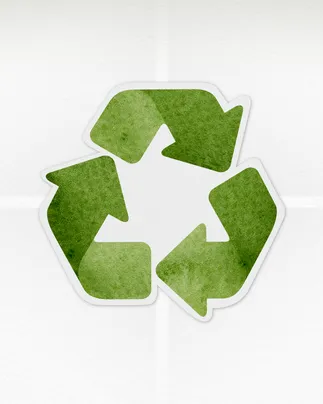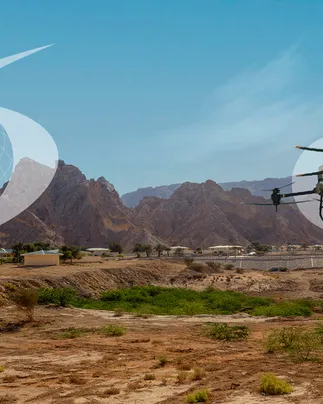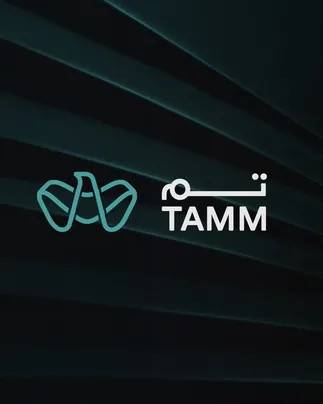The Environment Agency – Abu Dhabi (EAD) has had an extremely successful year in 2021 in environmental assessment and permitting operations. The purpose of the assessments is to identify the potential environmental impacts of project and facility activities during the early design stages, to ensure implementation of best available practices and compliance with Abu Dhabi’s environmental laws and regulations.
The results of the environmental assessments in 2021 revealed that 60 square kilometres of marine critical habitats and 850,000 meters square of terrestrial critical habitats were protected. This is in addition to a reduction of more than 2800 cubic meters of toxic waste from drilling operations, and a 99% reduction in air pollutants emissions from the fluorine industry. EAD has also completed permitting the commissioning of clean energy projects that save about 11 million tons of CO2 emissions per year, or the equivalent of the emissions of 2.4 million cars, had the energy been generated using fossil fuels.
Eng. Faisal Al Hammadi, EAD’s Acting Executive Director of the Environment Quality Sector said: “2021 was a very successful year for EAD regarding environmental assessment and permitting. Throughout the emirate of Abu Dhabi, we are keen to ensure that all new facilities adhere to environmental laws and regulations, and we aim to achieve this right from the inception of the project.”
Al Hammadi added: “Figures reveal that there are an increasing number of industries and developers adopting best environmental practices, which means that we are on track towards ensuring Abu Dhabi is a healthy environment for all. We know that several sectors can be detrimental to the environment but through a proper permitting system and a rigorous assessment process, we can always reduce any risks to the environment.”
Additionally, other key achievements by EAD included the completion of a Strategic Environmental Assessment (SEA) Programme. This involved the development of a proposed implementation programme, which aims to embed environmental considerations into the designs for strategic projects, master plans and development programmes.
EAD also developed permit conditions for new sectors through the studying the adverse impacts of slaughterhouses and medical facilities. As a result, the Agency devised environmental permit conditions that were linked to legal provisions in the environmental laws and regulations enforced in the emirate.
Moreover, EAD updated its Standard Operating Procedures and Technical Guidance documents. The Agency reviewed and updated nine standard operating procedures for environmental permitting programmes and nine technical guidance documents for implementation of best environmental practices.
EAD also developed an Iron and Steel Sector Self Reporting Programme which identified the major pollutants of concern for the iron and steel sector, monitoring and reporting requirements, and conducted a cost analysis for implementation of those requirements.
Through the update of electronic systems EAD was able to enhance its capacity to standardise permitting requirements and facilitate the permitting process. In 2021, this update included reviewing all industrial, commercial and development activities in Abu Dhabi; establishing new criteria based on environmental risks and incorporating the updated programme in the design of new digital services.
As part of its digital transformation, EAD also restructured all environmental permitting in line with TAMM requirements. The Agency completely transformed its process flow charts for all permitting operations and took a new environmental risk-based approach with more than 65% automation. Also, through an update, the data migration process was facilitated to the new digital services system. As a result, more than 2,000 permit conditions were reviewed, updated, and simplified to make it easier for proponents to comply with environmental regulations.
To ensure that the most qualified team manages the environmental permitting, EAD launched a new training programme facilitating the process of environmental permitting awareness outreach and providing information to new recruits. The programme details environmental requirements, permitting tools, and the enforced laws and regulations as well as, the benchmarks of the environmental assessments and permits. In total, there were 2,300 hours of training and six national interns were hosted.










